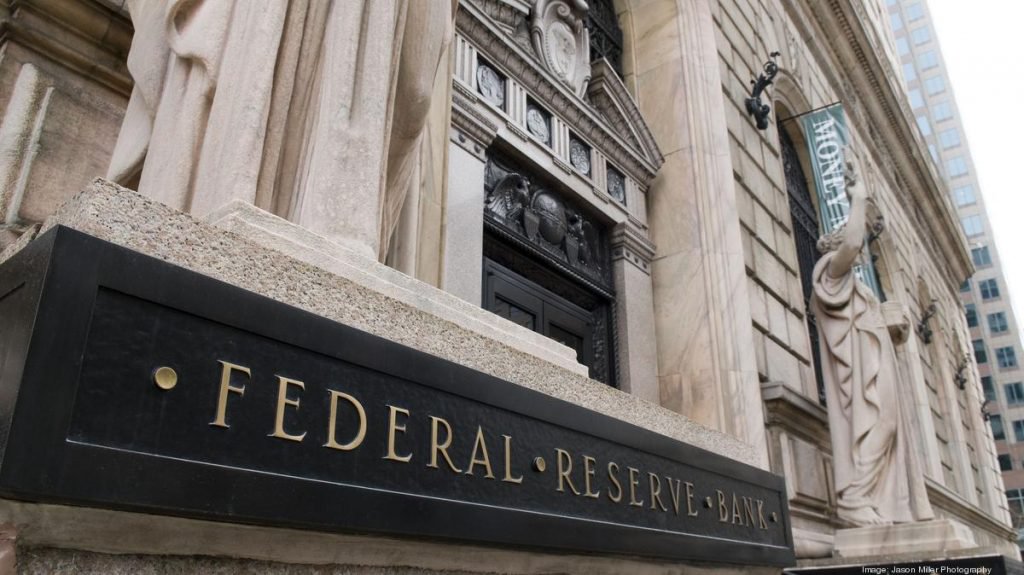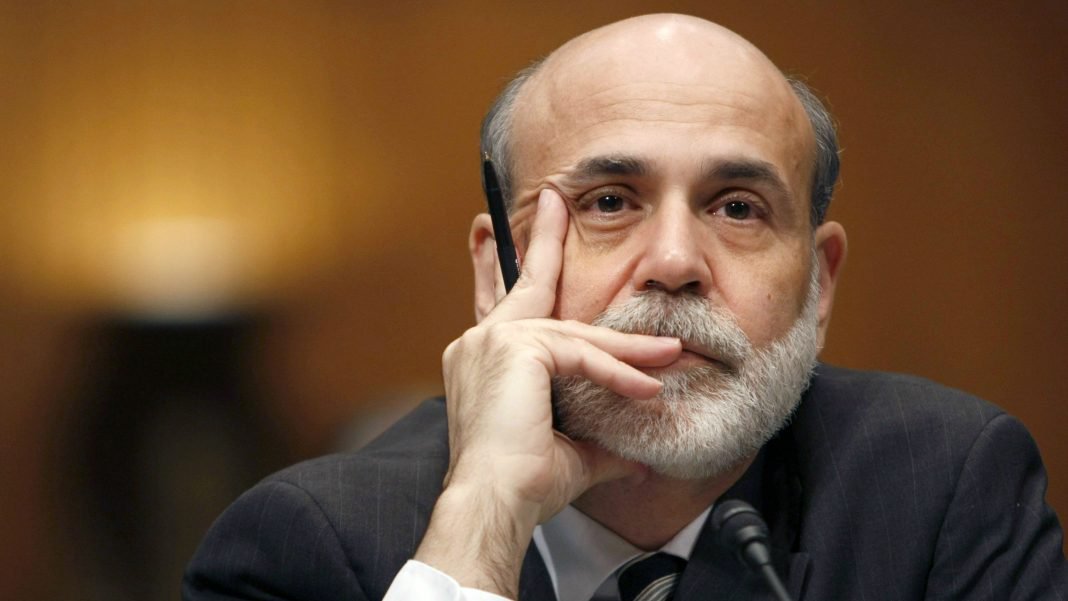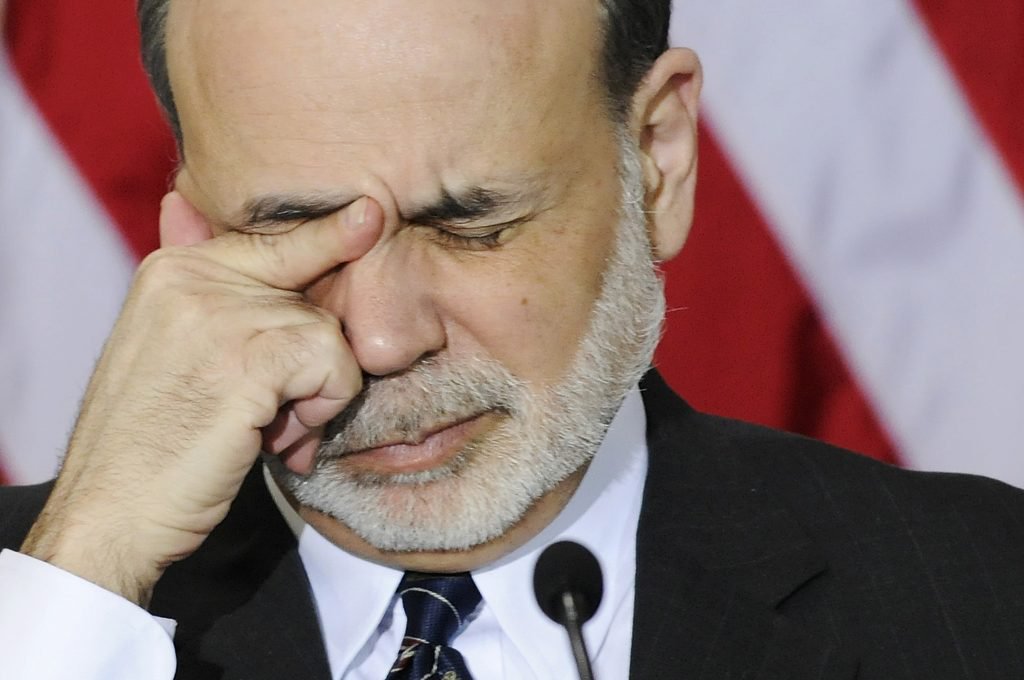Former Federal Reserve (Fed) Chairman Ben Bernanke’s recent comments about bitcoin and its network add to his growing list of hardening stances toward the world’s most popular cryptocurrency. No stranger to bitcoin, Mr. Bernanke has made several statements, at least one official, since its inception.
Also read: JP Morgan Boss Can’t Stop Talking About Bitcoin — Calls Investors “Stupid”
Toronto, Canada is host to an invitation-only, exclusive event. Swell, a three day conference sponsored by Ripple, a real-time gross settlement program and favorite among mainstream banks, ends October 18.
Billed as bringing “together leaders in banking and blockchain who are committed to changing the way the world moves money today,” its opening keynote address was given Monday by Ben Bernanke, former Fed chair.
During a discussion with Ripple Board of Director Gene Sperling, himself a former administration advisor to Presidents Clinton and Obama, as well as during Hillary Clinton’s 2008 campaign, Mr. Bernanke praised Ripple.
“The Fed, the Bank of England, and Japan,” Mr. Bernanke is quoted by Fortune‘s Jeff John Roberts, “are very supportive of [Ripple and similar] technologies because they’ll improve payment systems.”
 Bitcoin, however, “hasn’t shown itself to be a real transactional currency,” he said, adding how it is a “mostly speculative venture.”
Bitcoin, however, “hasn’t shown itself to be a real transactional currency,” he said, adding how it is a “mostly speculative venture.”
Speaking from the complimentary event in Old Toronto’s Distillery District at the Metro Toronto Convention Centre, the now Brookings Distinguished Fellow in Residence blogger continued his Swell remarks, “Bitcoin is an attempt to replace fiat currency and evade regulation and government intervention. I don’t think that’s going to be a success.”
“He also dismissed the idea, espoused by some die-hard bitcoin advocates, that the digital currency could be a rival to traditional government-controlled money,” Mr. Roberts noted.
“Eventually governments will take any action they need to prevent [that],” Fortune reported Mr. Bernanke as predicting.
Track Record: Acknowledgement, Concern, Prognostication
His statements mark a decidedly more ominous tone since his earliest published official comments on bitcoin, dating back to a Senate hearing on virtual currencies.
In that 2013 letter to the Department of Homeland Security (DHS), he then-described bitcoin as perhaps holding “long-term promise, particularly if the innovations promote a faster, more secure and more efficient payment system.”
He was then also far away from Monday’s policing suggestion of bitcoin, arguing the Federal Reserve does not “necessarily have authority to directly supervise or regulate these innovations or the entities that provide them to the market,” he informed DHS.
A mere two years later, he again referred to the cryptocurrency as “useful” in an interview, but immediately shifted to concern as “the real serious problem that it has is [its] anonymity, which is a feature, and is also a bug, in that it has become in some cases a vehicle for illicit transactions, drug selling or terrorist financing or whatever.”
As for his current role as sought-after cryptocurrency prediction guru, analysis of his statements and their value should examine his extensive professional track record.
“The Federal Reserve,” then-Chair Bernanke insisted, “is not currently forecasting a recession.”
That was January 10, 2008.
That was two months prior to Fannie Mae and Freddie Mac imploding.
That was also mere months from the worst financial recession, collapse in United States history.
Bitcoin’s Genesis Block of January 3, 2009 came online as a direct result.
Are statements like Ben Bernanke’s a sign of Bitcoin’s growing value? Tell us in the comments below!
Images courtesy of: Reuters/Kevin Lamarque, Reuters/Jonathan Ernst.
At Bitcoin.com there’s a bunch of free helpful services. For instance, check out our Tools page! Be sure to spread this article on social media, and help us spread the word about bitcoin.















